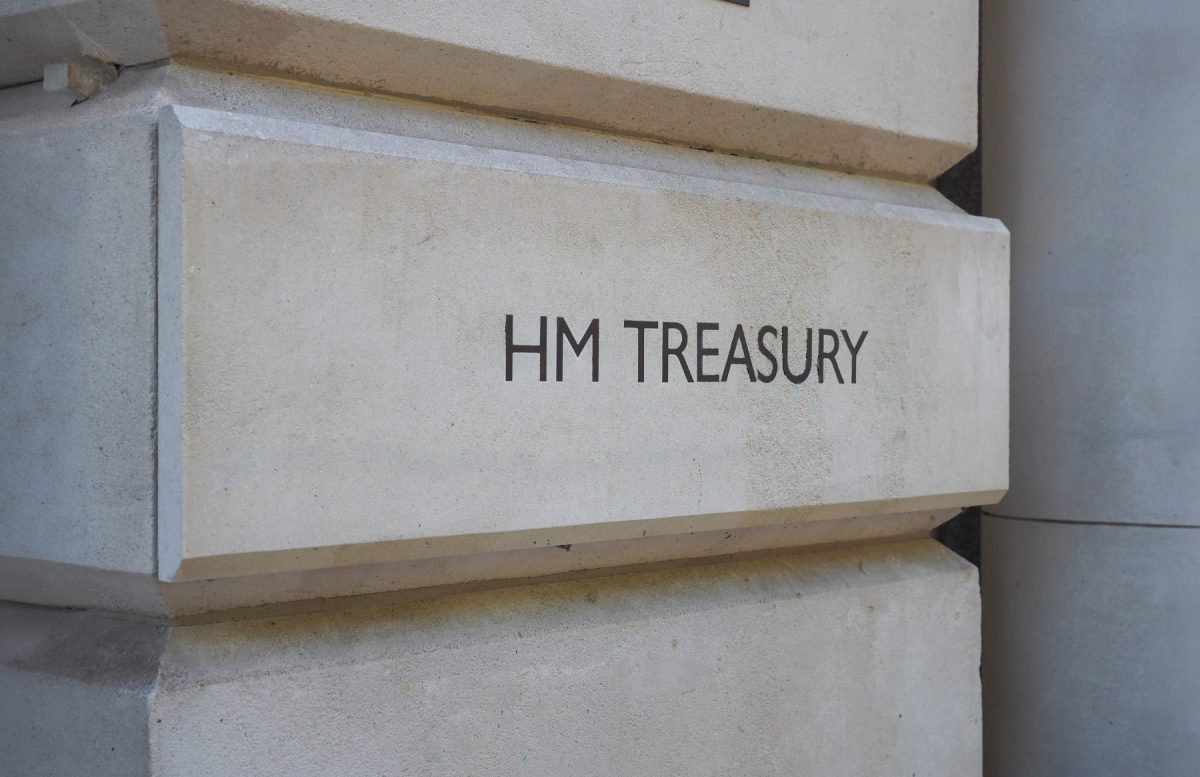
Backdrop
Chancellor Jeremy Hunt delivered his second Autumn Statement in a much less financially turbulent time than his first. Two broad narratives underpinned policy changes: inflation and interest rates; and fiscal headroom for cutting taxes and/or increasing spending.
Updated OBR figures presented during the Statement confirmed that both borrowing and debt are now estimated to be lower than was projected back in the Spring, and that inflation should continue to fall – it is now expected to drop to 2.8% by the end of 2024. However, the rate at which the economy is forecast to grow is slower than had been anticipated, standing now at 0.7% instead of 1.8%.
With these figures planted, the government has turned its attention to cultivating the UK economy with 110 ‘growth measures’. This was reflected in the tax breaks announced for business, alongside boosts for the technology, energy, and science sectors to support innovation. Falling inflation, coupled with the windfall created from earlier freezes in thresholds for income tax and National Insurance (NI), also prompted reductions in personal taxes.
Hunt ended his speech by saying that the Statement provides for the “biggest business tax cut in modern British history” as well as the “largest ever cut to NI for employees and the self-employed” and delivers overall the “biggest package of tax cuts to be implemented since the 1980s.”
Summary of key measures
- NI cuts. The main rate of Class 1 employee NICs will be reduced from 12% to 10% with effect from 6 January 2024. The main rate of Class 4 self-employed NICs will be cut from 9% to 8% from 6 April 2024 and Class 2 will no longer be required.
- Tax breaks for businesses. ‘Full capital expensing’, whereby businesses can offset investments in machinery, equipment, and IT against tax, is to become permanent.
- Pensions will increase according to the ‘triple lock’ by 8.5%, honouring the pledge to raise pensions by whichever is higher: 2.5%, the inflation rate as at September last year (6.7%), or average earnings (8.5%).
- The National Living Wage will rise to £11.44 per hour from April 2024 and also be extended to 21 and 22-year-olds.
- Local Housing Allowance will rise in April 2024. Revisions to benefits will apply for those with disabilities or long-term health issues. There will be penalties for the long-term unemployed who are found to be making inadequate effort to seek work.
- The Venture Capital Trust and Enterprise Investment Scheme sunset clause has been extended to April 2035. Innovative Finance ISAs may invest in long-term asset funds and open-ended property funds, with an account opening age of 18 for all ISAs.
With the expectation of a general election next year, the Chancellor advises that the government is working hard to ‘get Britain growing’.
Risk warnings
This document has been prepared based on our understanding of current UK law and HM Revenue and Customs practice, both of which may be the subject of change in the future. The opinions expressed herein are those of Cantab Asset Management Ltd and should not be construed as investment advice. Cantab Asset Management Ltd is authorised and regulated by the Financial Conduct Authority. As with all equity-based and bond-based investments, the value and the income therefrom can fall as well as rise and you may not get back all the money that you invested. The value of overseas securities will be influenced by the exchange rate used to convert these to sterling. Investments in stocks and shares should therefore be viewed as a medium to long-term investment. Past performance is not a guide to the future. It is important to note that in selecting ESG investments, a screening out process has taken place which eliminates many investments potentially providing good financial returns. By reducing the universe of possible investments, the investment performance of ESG portfolios might be less than that potentially produced by selecting from the larger unscreened universe.


